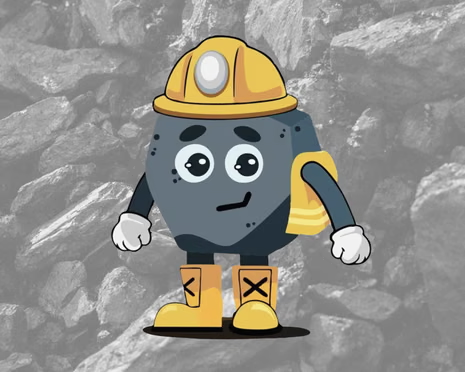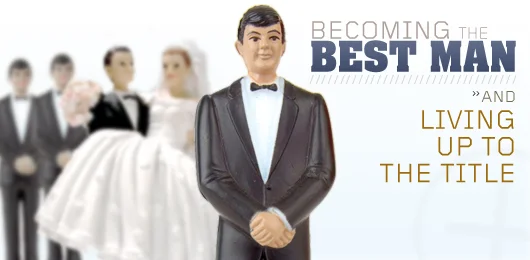Pro tip:
If you or your artistic organization have power or influence over the world in some way, great or small, and you don’t support the artists who produce art, especially when in partnership with you or on your behalf, you suck.
Also:
If you’re more concerned about your image, reputation, or brand than the artists in your field and the lift you could provide them, you really do suck.
On Saturday I spoke about the importance of storytelling at TEDx Berkshires, a conference held in the black box theater at Shakespeare & Company in Lenox, Massachusetts. I spent time with some wonderful people, including former Governor of Massachusetts Deval Patrick, who is an outstanding storyteller, a generous human being, and a down-to-earth guy.
I also met someone whose story upset me deeply.
A woman who had volunteered for 15 years at an art gallery – 15-20 hours per week – finally painted something that she loved and asked the gallery owner if she could find a spot for the piece, just for a week, so her friends could come and see it.
The gallery owner said no. She refused to lend the power of her brand to this particular artist. She thought that doing so might confuse the public over where this artist’s work ended and the organization began. She worried that it might set an untidy precedent. She thought it might complicate things at her gallery. She didn’t want her brand sullied by anything less than a professional painter on her walls.
Ugly. Right?
A larger, more powerful artistic entity refused to assist a much smaller artist. An entity that she had given of herself refused to give back. Even if the decision to display the artist’s painting caused some problems for the gallery, those problems would’ve been small, insignificant and ultimately forgotten.
But the benefits to this artist would’ve been enormous. Her dream could’ve come true.
This has happened to me in the past, too. When the opportunity presented itself to support my work, a powerful, influential group of people to whom I had also given of myself refused to help me. Instead of making a significant difference in my career, they turned their back on me for small, petty, utterly meaningless reasons. Like the painter, a tiny effort on the part of a much larger artistic entity would’ve meant the world to me.
They said no.
And it really sucked.
Don’t do this. When you’re in a position to lift someone’s work and bring attention to their efforts – in the art world or anywhere else – you should, even if it requires a little extra from you, a momentary blip of discomfort, or a teeny tiny ding on your brand.
No one will remember those things. No one will care. Except, of course, the human being to whom you have lifted to new heights.
Happily, the painter ultimately found a home for her painting in a popular, local cafe. She’s since placed other pieces there, too. Still, she admits that having her work displayed in an actual art gallery – even for a few days – would mean the world to her, and she continues to pursue this dream.
I get that, too.
Dreams don’t always die. They are sometimes just deferred by people and organizations more worried about their own self interests than the artists who are doing the work, making the art, and trying to ascend to the next step in their career.
I hope the day comes when that gallery owner regrets passing on the chance to be the first person to display a widely admired, world famous artist.
It’s unlikely, I know, but every artist’s career is unlikely. That is why we need the support that this painter and I were denied.






